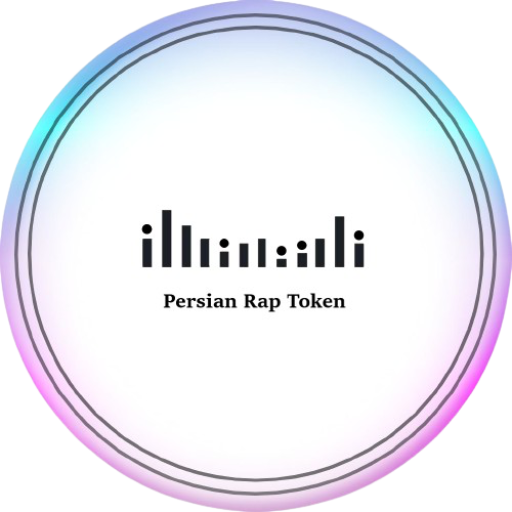Challenges, obstacles and paths of independent artists
- PNRT Token
- Defitunes platform

Since the 2000s, Persian rap music has found a special place in the hearts of Iranian youth and music enthusiasts. This genre, often recognized as the voice of protest and a reflection of social realities, has faced numerous challenges. From legal restrictions to a lack of financial support and proper infrastructure, Persian rap has often been sidelined in the more traditional musical currents of Iran. In this article, we will explore the challenges of Persian rap music, the efforts of independent artists to continue their activities, and the role of the PNRT token in supporting these artists.
Challenges of Persian Rap
One of the biggest issues with Persian rap music is the lack of official support and legal restrictions. Many Iranian rappers cannot operate legally and officially due to cultural and social limitations. These restrictions have made it difficult for independent rap artists to earn sufficient income to continue their activities. Additionally, the lack of access to professional studios and proper equipment affects the quality of these artists’ music productions.
Furthermore, many music streaming platforms, due to legal limitations, refuse to support or host Iranian rappers. This has forced independent artists to turn to foreign platforms, which, besides financial constraints, complicate their direct connection with domestic audiences.
The Efforts of Independent Artists
Despite all these challenges, Persian rap artists continue their activities. Many of them publish their works through social media, YouTube, and various online platforms. These artists often have to bear the costs of producing and releasing their works from personal resources due to a lack of financial support.
Many of these artists need direct financial support from their fans to continue their activities. However, financial difficulties remain one of the biggest obstacles to the development and advancement of Persian rap music.
The Role of the PNRT Token in Supporting Independent Artists
The PNRT token is designed and launched to support independent artists, particularly Persian rap artists. This token, created on the BSC blockchain network, enables direct financial support from fans. With this token, artists can easily receive the financial backing they need without the need for financial intermediaries.
The PNRT token also allows artists to generate income through the direct sale of their works and products to fans. This approach helps independent artists overcome existing limitations and continue their activities. Moreover, PNRT serves as a powerful tool for increasing interaction and direct communication between artists and fans, which can contribute to the growth and advancement of Persian rap music.
DefiTunes Platform
DefiTunes is a multi-purpose music streaming platform dedicated to the PNRT token. Independent artists can create an account, verify it, and use the platform for free to generate income. The platform is currently in its Beta version and will soon officially launch. DefiTunes offers various features for independent artists, such as music sales, product sales, support through PNRT tokens, and chat and interaction with fans.
DefiTunes eliminates intermediaries and, with its features, directly connects artists to fans, avoiding additional costs such as setting up multiple websites for selling music or products. Different memberships cater to the specific needs of individuals or artists, all coming together on one platform, saving costs and fostering better communication.
Conclusion
Despite numerous challenges and limitations, Persian rap music continues to be recognized as one of the significant musical currents in Iran. Independent artists of this genre have managed, through perseverance, to continue their activities and bring their voices to audiences. However, the need for financial support and appropriate infrastructure remains one of the biggest challenges for these artists.
